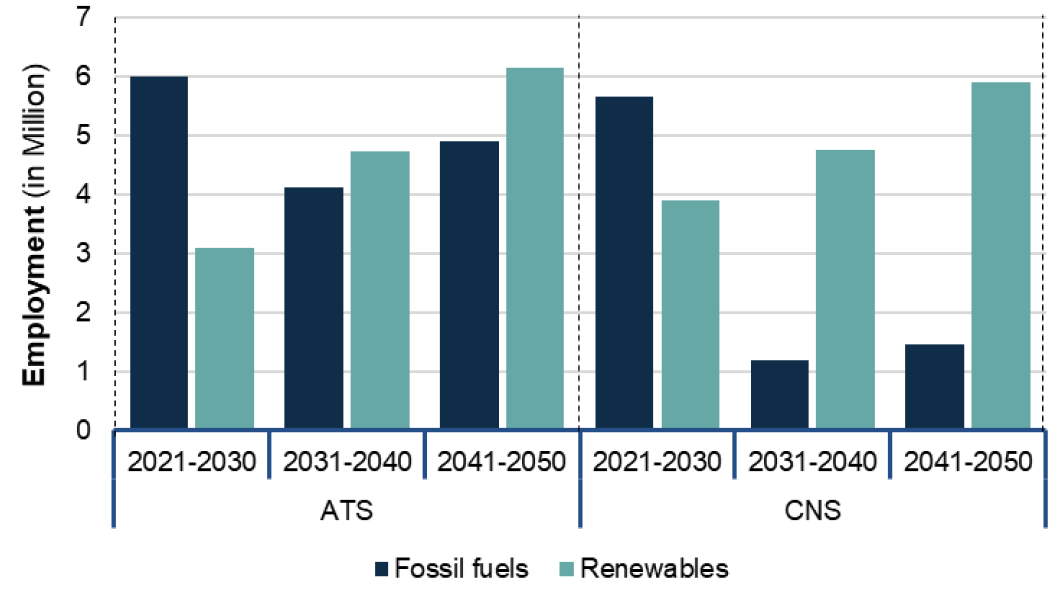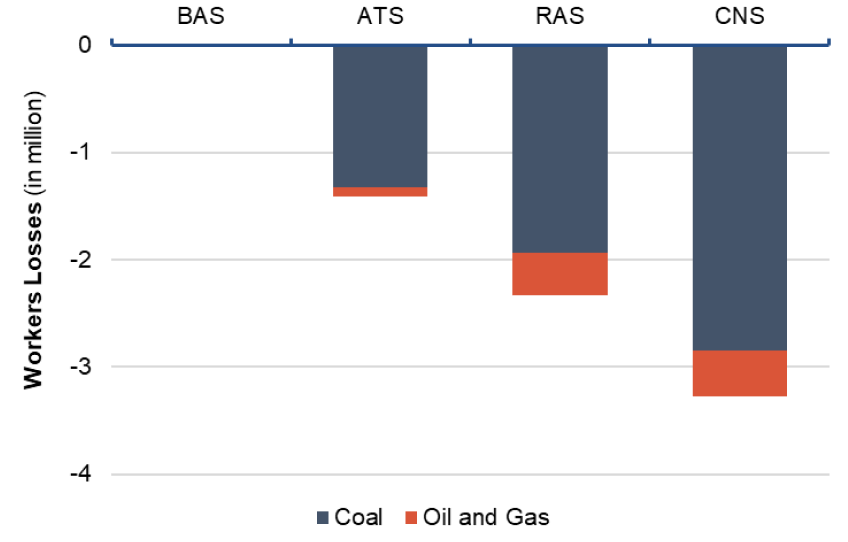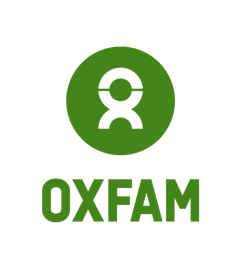
Paving the Way for a Just and Inclusive Energy Transition in ASEAN
What to know about people-centred ASEAN energy transition
Energy workforce transform to clean energy, while fossil fuel-related employment, particularly in coal, is declining
Total Energy Employment Across Scenarios, 2021-2050

Talking about energy transition is often followed by the prospect of green job as a leading sector in the future. The 8th ASEAN Energy Outlook (AEO8) foresees a significant rise of renewable energy jobs by 2030, with the current national policies potentially resulting in at least 4.6 millions of job creation (ATS). In the most ambitious carbon neutrality scenario, there would be up to 9.5 millions of total job creation between 2021-2030. The majority of job creation is expected to stem from solar and wind in the next years, with approximately 2 million jobs generated, particularly in the areas of operation and maintenance. Additionally, employment in fossil fuel is projected to decline to 1.5 million until 2050, should carbon neutrality scenarios be successfully implemented.
Fossil Fuel-related Job Losses Across Scenarios, 2020-2050

Note: Baseline Scenario (BAS), ASEAN Member States Targets Scenario (ATS), Regional Aspiration Scenario (RA), Carbon Neutrality Scenario (CNS)
Source: 8th ASEAN Energy Outlook (2024)
However, an aggressive energy transition could also potentially cause up to 3.4 million of job losses until 2050, mostly from the decommissioning of fossil fuel plants, particularly within the coal-fired power plant sector. Between fulfilling the rising demand of green jobs and handling the job losses from fossil fuel sectors, the ASEAN Member States must be ready in preparing its industry and workforce.
Supported by Oxfam
Oxfam is a global movement fighting injustice for a more equal world. Oxfam works across regions in about 70 countries, with thousands of partners and allies, supporting communities in building better lives for themselves, growing resilience, and protecting lives and livelihoods in times of crisis.
There are some issues Oxfam’s works are focusing on: climate action, economic justice and equal rights, and women’s rights and gender justice. These issues carry what Oxfam’s believes in: equality. With the current global landscape, a just and energy transition covers the issues and belief of the movement. Whether that’s by closing the economic gap or creating jobs that pay liveable wages, a just energy transition can only be achieved if the most vulnerable communities face little negative impacts and do not bear the costs of climate action.
To support the just and inclusive energy transition, Oxfam has several related publications, such as Towards a Just Energy Transition: Implications for communities in lower- and middle-income countries and Towards a feminist just energy transition in Asia. Now, Oxfam and ACE joined hands in shaping a just and inclusive future for ASEAN’s energy transition.












